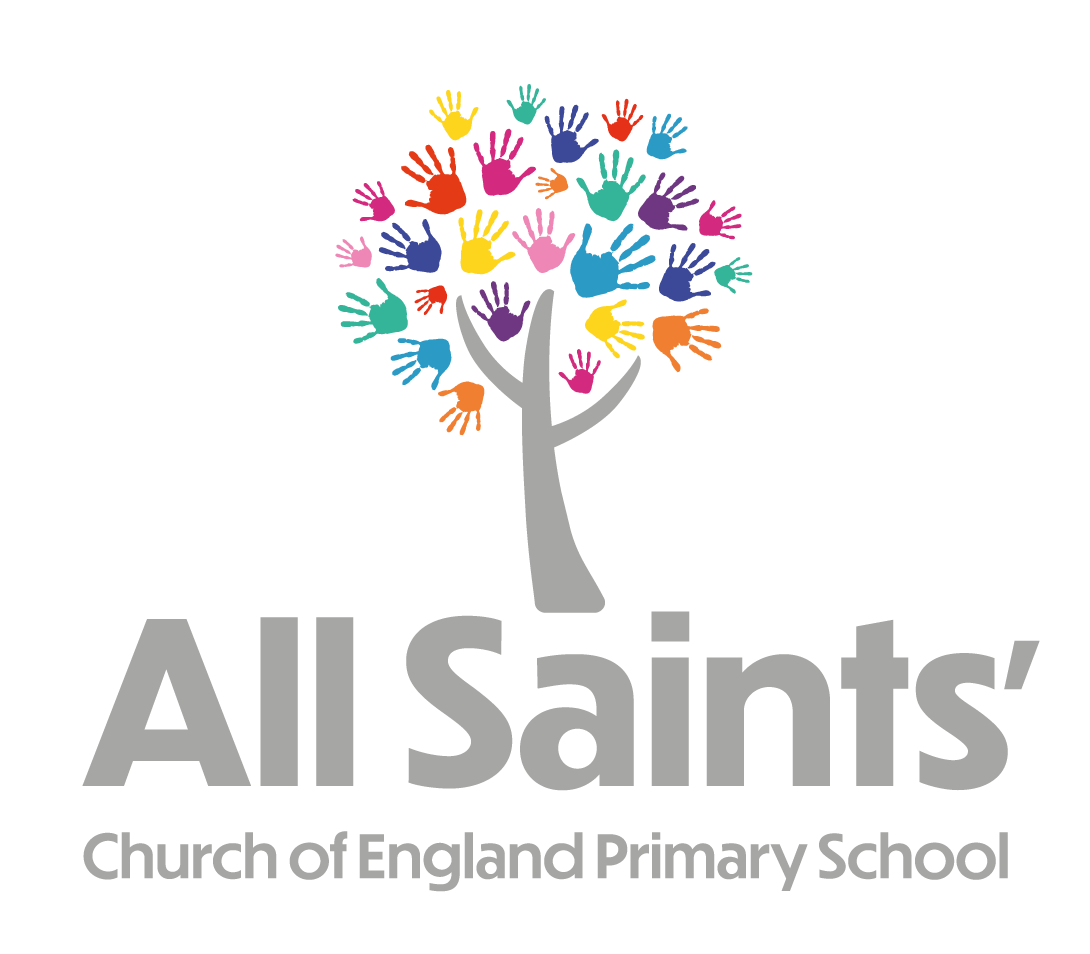- Home
- Curriculum
- Early Years Foundation Stage
- What does Early Years look like at All Saints’?
- Prime Area: Communication and Language
Prime Area: Communication and Language
Communication and Language
The development of children’s spoken language underpins all seven areas of learning and development. Children’s back-and-forth interactions from an early age form the foundations for language and cognitive development. The number and quality of the conversations they have with adults and peers throughout the day in a language-rich environment is crucial. By commenting on what children are interested in or doing, and echoing back what they say with new vocabulary added, practitioners will build children's language effectively. Reading frequently to children, and engaging them actively in stories, non-fiction, rhymes and poems, and then providing them with extensive opportunities to use and embed new words in a range of contexts, will give children the opportunity to thrive. Through conversation, story-telling and role play, where children share their ideas with support and modelling from their teacher, and sensitive questioning that invites them to elaborate, children become comfortable using a rich range of vocabulary and language structures.
Language is at the forefront of all learning and takes into consideration: speaking & listening; collaborative learning; language development through reading and expanding pupils’ vocabulary
Speaking & Listening
Speaking and listening skills are critical foundations for reading and writing, and are also essential skills for thinking and communication. A focus on developing oral language skills is particularly important for pupils in Early Years.
Teachers can increase the quantity and quality of classroom talk by:
- asking open questions, such as questions that require pupils to explain, reason, or argue
- probing with follow-up questions that require pupils to expand on their answers
- building on pupils’ responses to move the dialogue forward
- encouraging pupils to ask their own questions
- ensuring every pupil has opportunities to articulate their ideas and be listened to
- creating a classroom culture that encourages dialogue (for example, teaching pupils to listen when others are speaking)
- incorporating opportunities for dialogue into lesson plans and classroom activities
Expanding pupils’ vocabulary
- Repeated exposure to new vocabulary is necessary across spoken language, reading, and writing.
- Pre-teaching and discussing new words can support reading comprehension.
- Pupils should learn new words as well as how to use familiar words in new contexts.
- Vocabulary learning should entail active engagement in learning tasks.
- Digital technology can be used to help develop and teach vocabulary.
Building up a wide-ranging vocabulary is a priority for all pupils in Key Stage 2 and will often be particularly important for pupils with English as an Additional Language (EAL). Some EAL pupils will have more limited exposure to English vocabulary than their peers and many will benefit from targeted support in this area.
NELI- Nuffield Early Language Intervention is offered to approximately 12 children each year. Daily sessions with a highly skilled LSA support the lowest attainers in developing their early language skills. This is a government scheme introduced after lockdown as it was recognised that children’s early language and literacy skills are vital.
The Nuffield Early Language Intervention (NELI) is an intensive targeted support programme that aims to improve the language and ability of young children with relatively poor spoken language skills.
